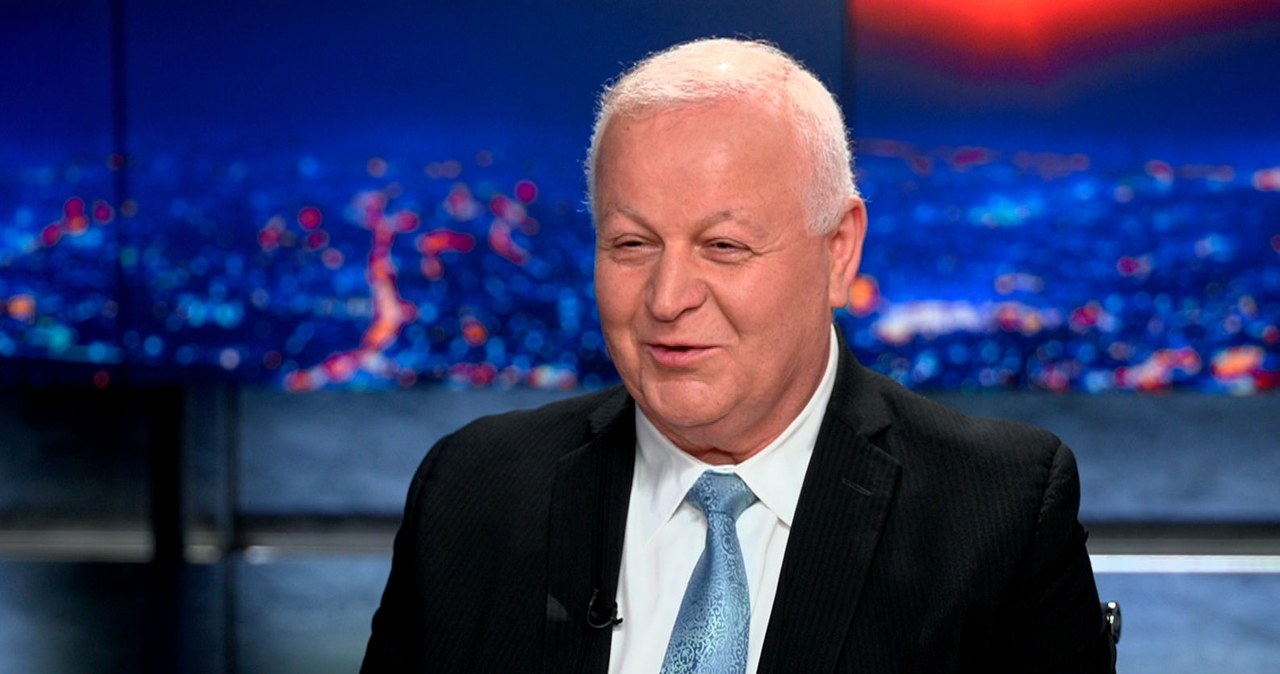New polling reveals growing opposition to physical punishment of children, with campaigners using the findings to renew calls for a complete smacking ban across the UK. The YouGov survey for the NSPCC shows a significant shift in attitudes, particularly among young adults, towards any use of force against children.
Around 82% of people aged 18 to 24 now believe it is unacceptable for parents to use force against children, according to the poll of 3,800 adults across England in July. This represents a dramatic increase from 64% of young adults who held this view when surveyed in 2023.
Of all adults surveyed, 71% said they believe physical punishment against a child is unacceptable, up from 67% in 2023. Wales outlawed all forms of corporal punishment, including smacking, hitting, slapping and shaking, in March 2022, while Scotland introduced a similar ban in November 2020.
Current legal framework
England and Northern Ireland still permit "reasonable punishment" under the Children Act 2004. The law makes it unlawful to hit a child except where it constitutes reasonable punishment, judged on a case-by-case basis.
Among parents specifically, 81% felt physical punishment was unacceptable, up slightly from 80% last year and 76% in 2022. The survey included 749 parents with children under 18 and 198 people aged 18 to 24.
Earlier this year, leading health experts came together to urge parliamentarians to give children the "fundamental right to safety and protection" by backing a smacking ban. The children's doctors and psychiatrists said decades of research showed the "detrimental effects of physical punishment".
Campaigners intensify pressure
NSPCC chief executive Chris Sherwood said: "Parents and young people are telling us loud and clear that they don't want physical punishment to be a part of anyone's childhood. Parents know their children and what works best for them. It is therefore crucial their experiences and opinions are not ignored or undermined, but act as a wake-up call. As parliamentarians continue to debate the Children's Wellbeing and Schools Bill, we urge them to change the law to better reflect public attitudes to violence against children and ensure no childhood has to be tainted by physical punishment again."
Conservative peer Lord Jackson of Peterborough warned in June that introducing a smacking ban would be "disproportionate and heavy-handed". He argued that calls to abolish reasonable chastisement risked "criminalising good and caring parents, as well as overloading children's services departments".
The debate has intensified following the murder of 10-year-old Sara Sharif in Woking in 2023. The UK's four children's commissioners jointly called for a wholesale smacking ban, describing the current legal defence as "outdated and morally repugnant".
Sara Sharif case impact
Sara's father, jailed for life in December 2024 alongside her stepmother, had claimed in a police call after fleeing England that he "did legally punish" his daughter and that he "beat her up too much". The commissioners insisted "loving, well-meaning" parents need not fear law changes.
Lynn Perry, chief executive of Barnardo's, said: "Violence against children is unacceptable - and yet children continue to have less legal protection against physical assault than adults. That cannot be right. This new data shows that most parents agree. Physical punishment like smacking is harmful to a child's health and development, and there's strong evidence that it influences their attitudes toward violence. At Barnardo's, we see first-hand how vital it is for children to feel safe and nurtured by those around them and to develop positive, healthy relationships. We have long campaigned for a change in the law to give children equal protection from assault and continue to call for action. It's time for all children to be legally protected from all physical punishment everywhere in the UK."
Professor Andrew Rowland from the Royal College of Paediatrics and Child Health said: "This latest research makes it clear that physical punishment has no place in modern parenting. Health professionals stand firmly with parents and young people in recognising that physical punishment is not only outdated and unjust, but also harmful to children's health and wellbeing. We urge the Government to listen to parents, young people, health professionals and the wider public and to finally remove the outdated and unfair 'reasonable punishment' defence."
Government response
A Department for Education spokesperson said: "The landmark Children's Wellbeing and Schools Bill, a key part of our plan for change, represents the most transformative piece of child protection legislation in a generation, including wholesale reform of the children's social care system and better information sharing between education, health, and social workers to stop vulnerable children falling through the cracks. While we are looking closely at the legal changes made in Wales and Scotland in relation to smacking, we have no plans to legislate at this stage."
Sources used: "PA Media" Note: This article has been edited with the help of Artificial Intelligence.








